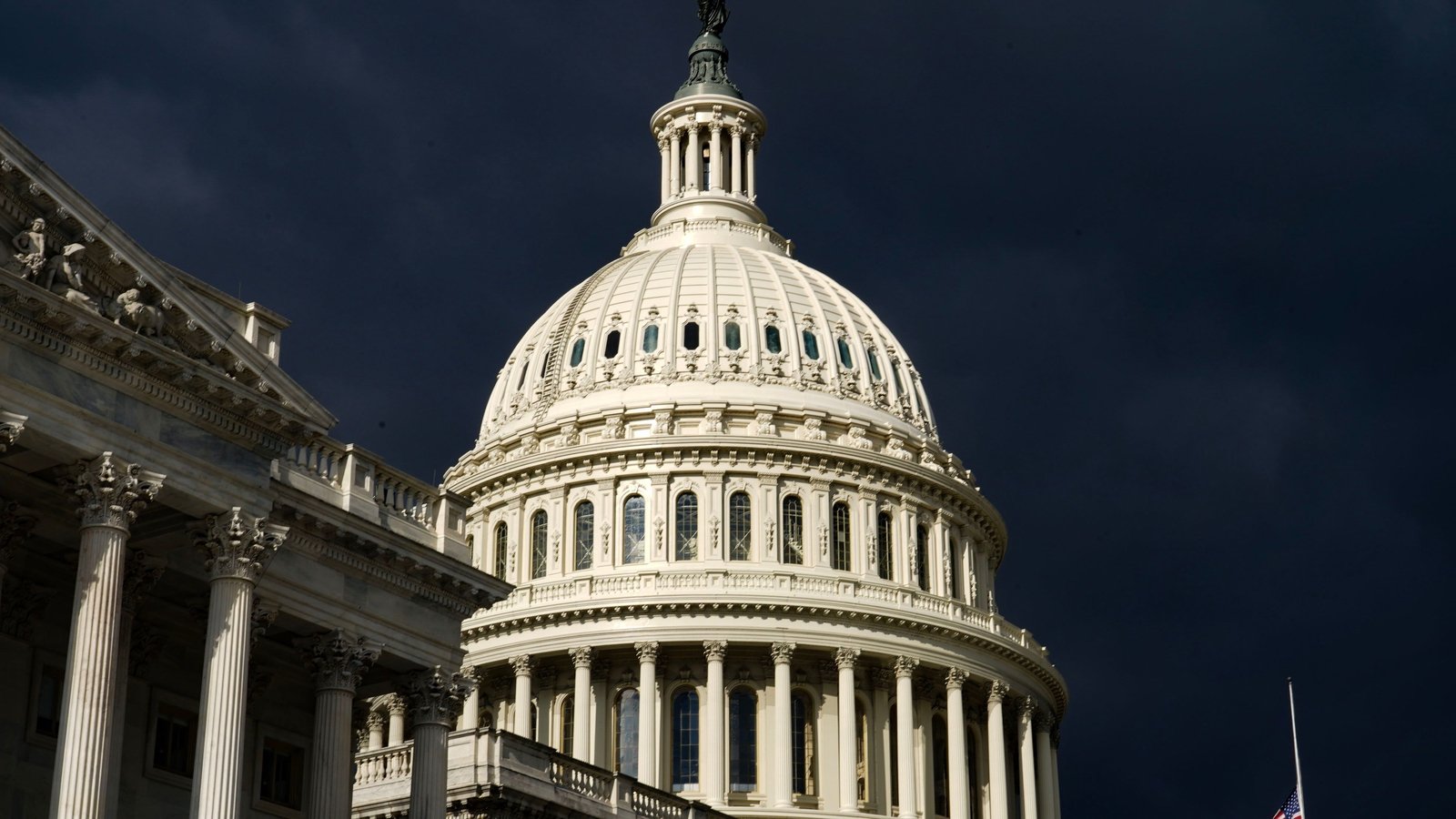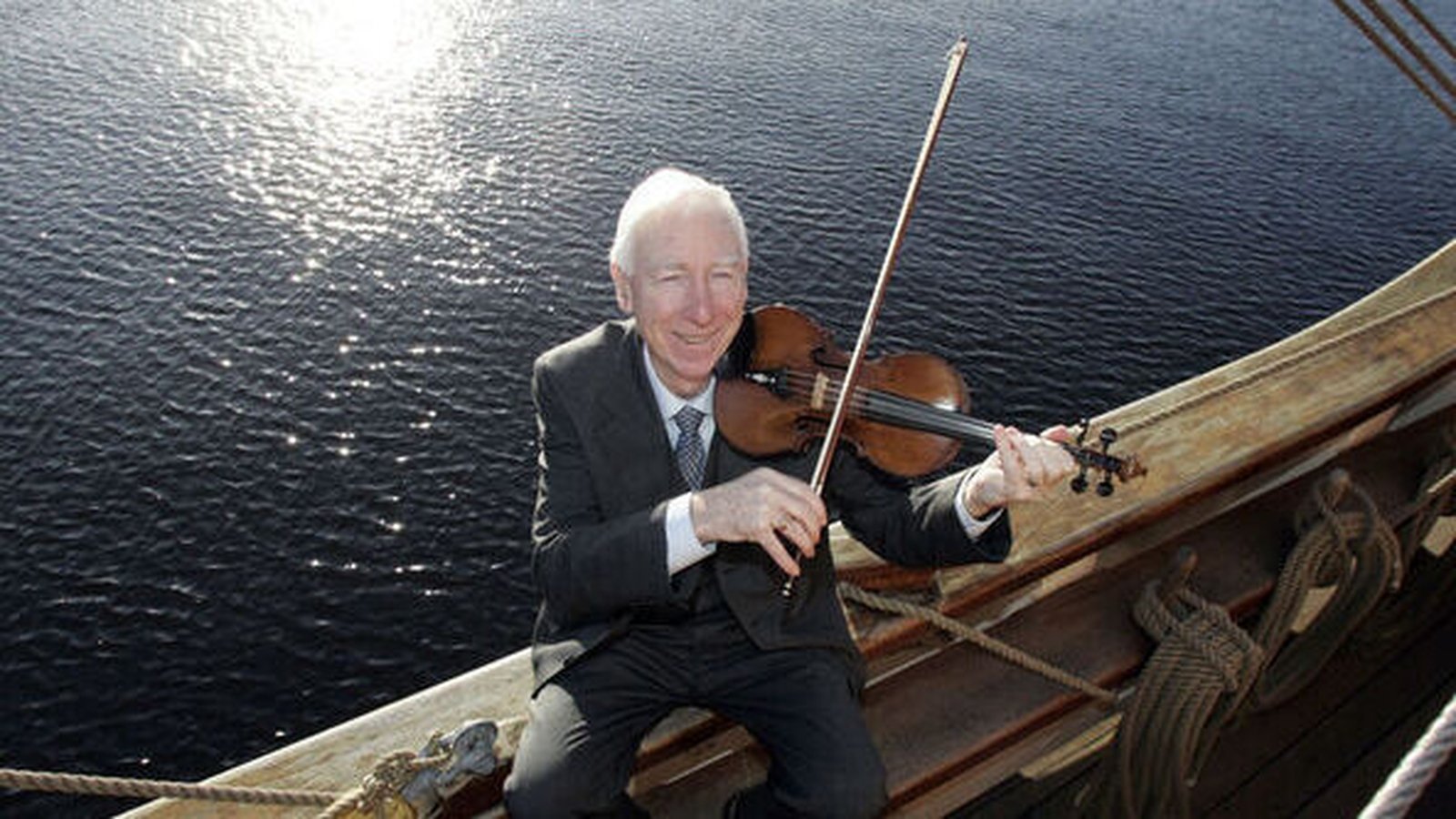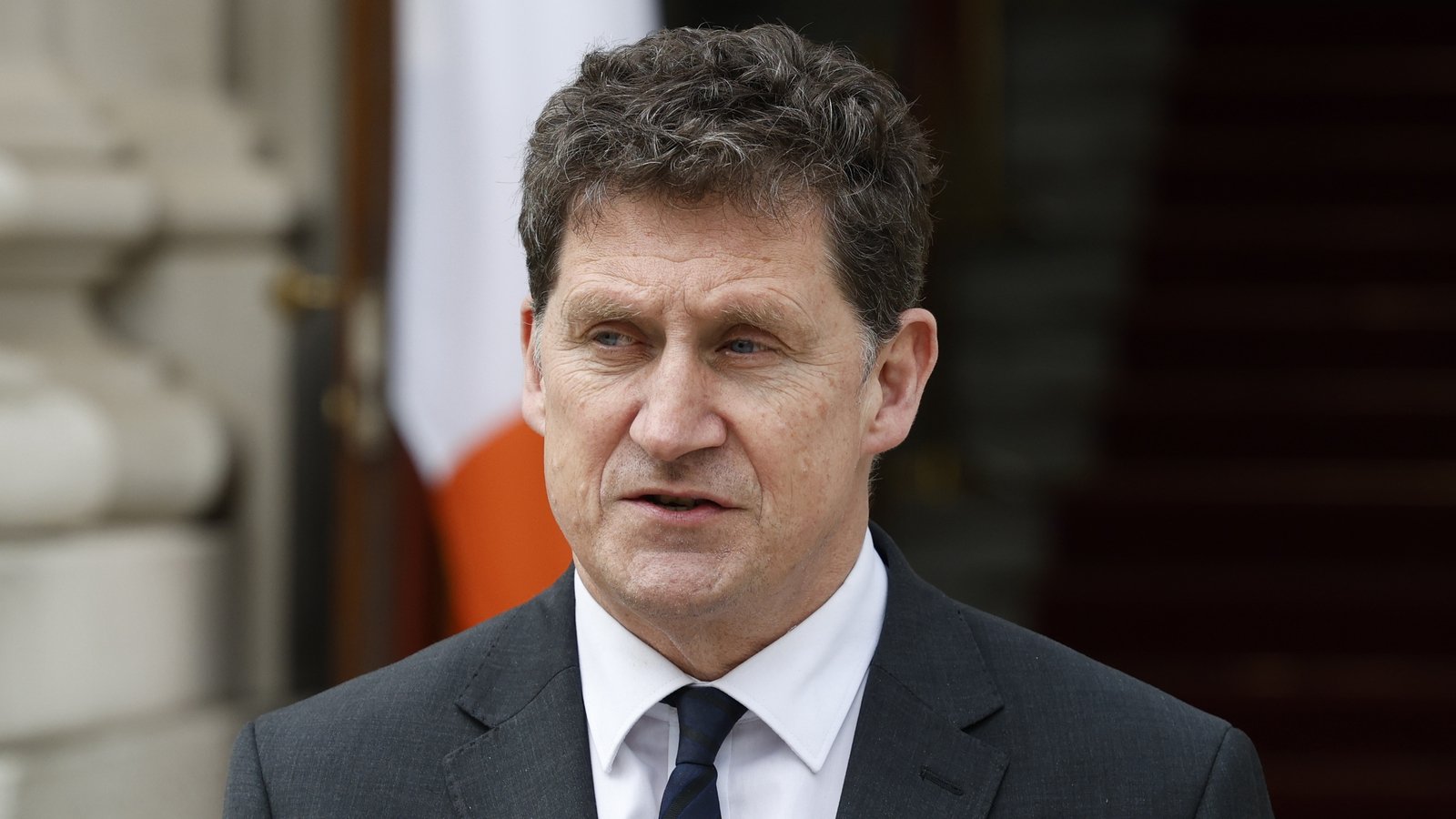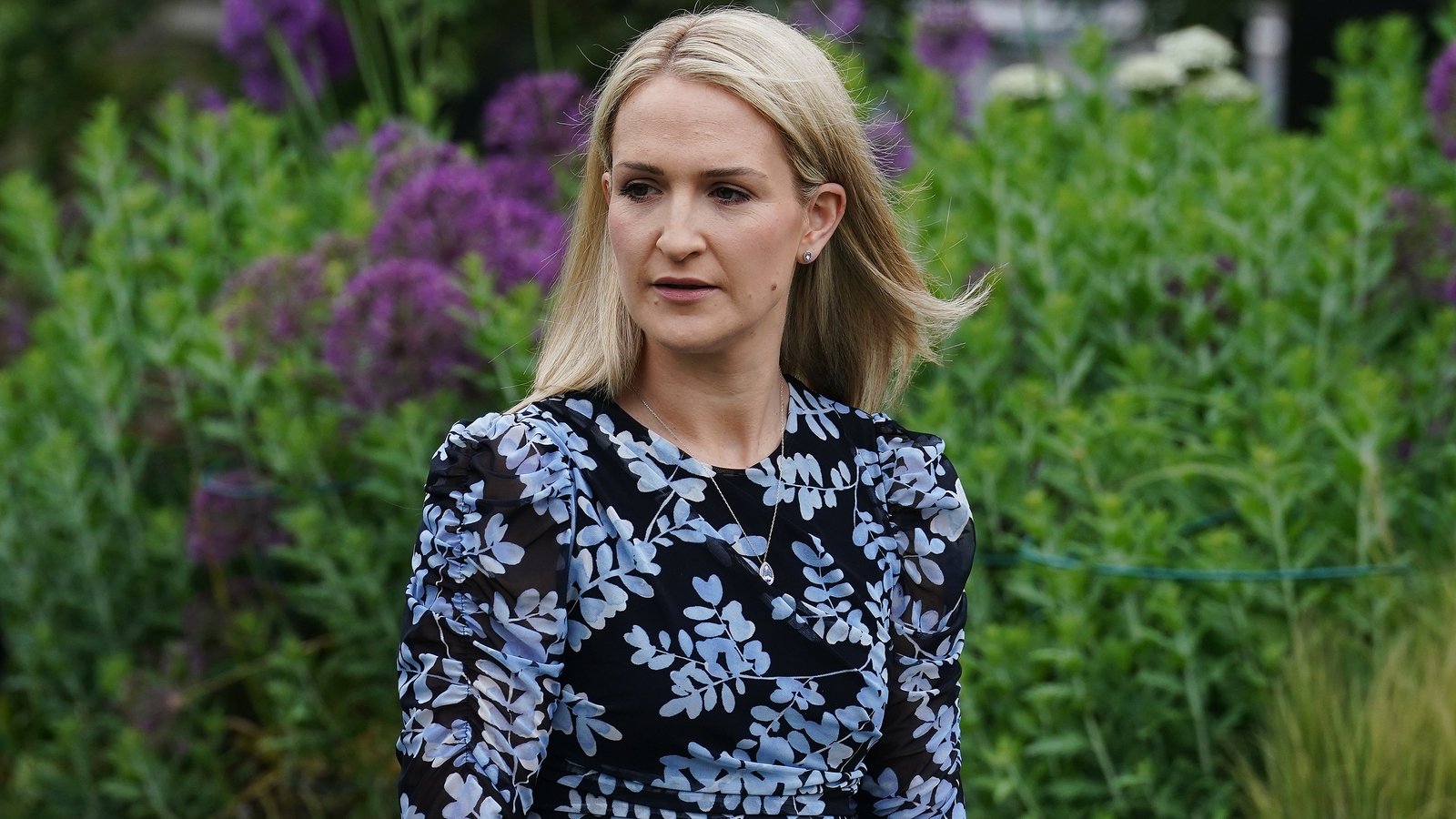HSE apologises to family of nurse who killed baby son
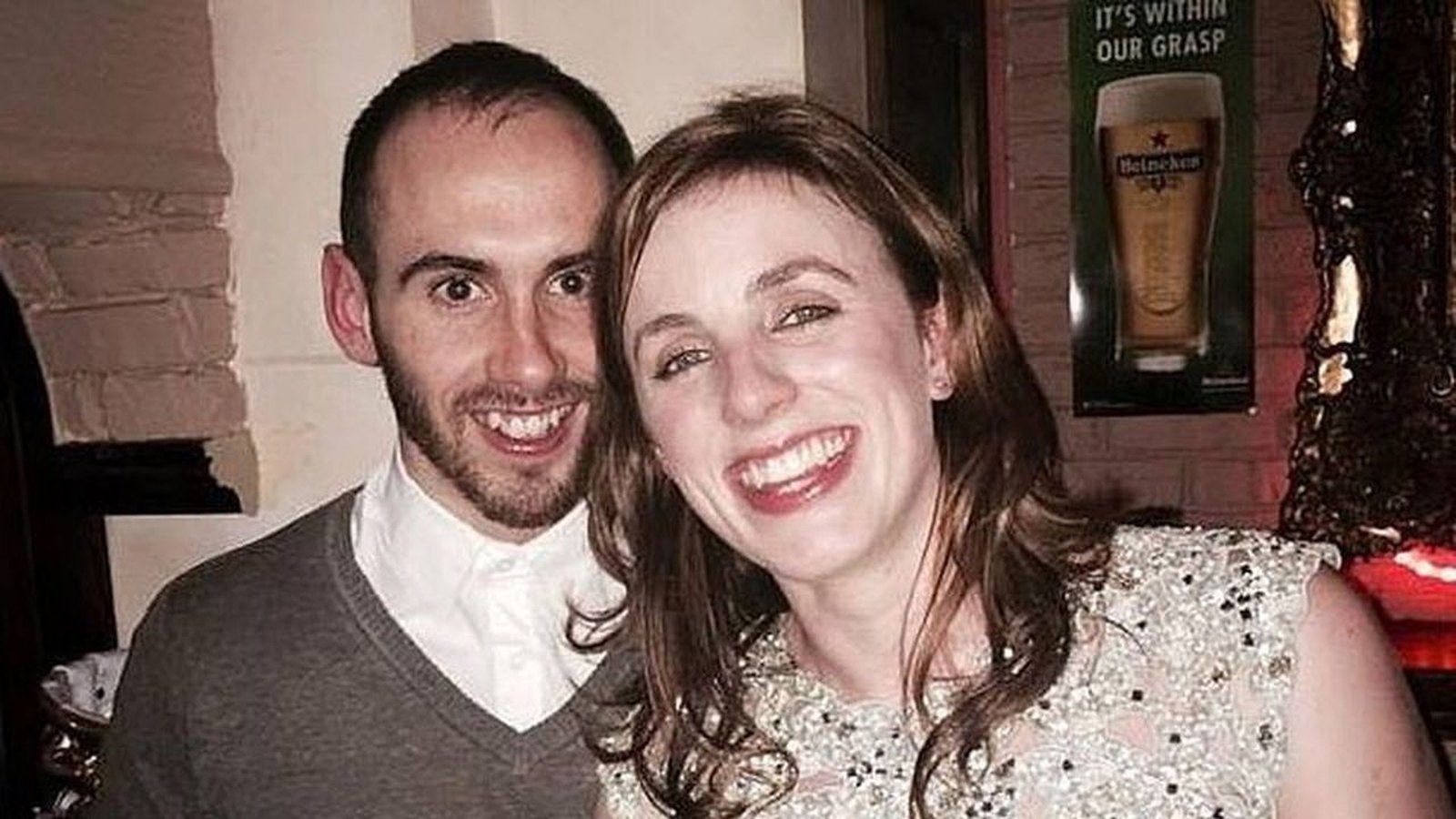
The Health Service Executive has apologised to the family of a 34-year-old nurse with severe postnatal depression, who killed her baby son and took her own life in Dublin almost four years ago.
Nicola Keane, who was a paediatric nurse in Crumlin Children’s Hospital, killed her seven-month-old son Henry on 22 October 2020 and then left her home in Lucan, and took her own life while her husband slept.
The Chief Officer of the HSE’s Community Mental Health Services for Dublin South, Kildare and West Wicklow apologised unreservedly to Ms Keane’s husband, Darren Coleman, and all her family for the care she had received.
It said this had resulted in the tragic and untimely death of Ms Keane and their son Henry.
The HSE admitted breaching its duty of care to Ms Keane by failing to appreciate that she had suffered from psychotic depression, failing to communicate this to Mr Coleman and failing to ensure Ms Keane received in-patient treatment.
Mr Coleman told the court that he did not want anyone to blame themselves for the death of his wife and baby. But, he said, the mental health system in Ireland was broken.
Senior Counsel Bruce Antoniotti told the court the case was particularly harrowing and distressing. He said Mr Coleman had been living in a nightmare since October 2020.
The court heard Mr Coleman and Ms Keane met in school and knew each other for 17 years. He is a primary school teacher and she was a paediatric nurse.
When Henry was born, he had problems with sleeping and with irritability. However, Mr Antoniotti said he was the apple of his father’s eye.
However after the birth in February 2020, Ms Keane began suffering from postnatal depression. The court heard she was referred to the community mental health team in Ballyfermot Primary Care Centre. But Mr Coleman knew very little of what was going on.
The court heard Ms Keane was focused on a belief that she had damaged her baby in some way and that he did not like her. She had a passive death wish, Mr Antoniotti said. She also told doctors and nurses that she had broken or “botched” her baby, and that there was no love or bonding between them. She expressed worries that she might do something to harm her baby.
The court was told there were “many incidents of red flags” that should have alerted medical staff to the possibility of something drastic happening. At one stage, Mr Coleman was told he should not leave Henry alone with his wife.
However, when he told the lead psychiatrist in August 2020, that he was due to go back to work in two weeks’ time, he was told the care team were fine with this. He was not told his wife’s medication was increased twice between mid September and mid October 2020.
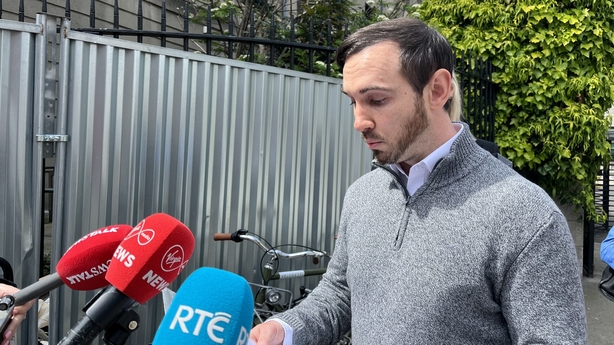
The court heard Ms Keane was suffering from severe postnatal depression including delusions and psychotic episodes, but Mr Coleman did not know. If he had been given information about the severity of her condition, Mr Antoniotti said, Mr Coleman would have taken time off work, would have cared for their baby and would have taken steps to get his wife admitted to hospital.
On 13 October, the court heard a public health nurse told the treating psychiatrist that she felt Ms Keane’s mental state had deteriorated, but the response was that her sister should be contacted. This did not happen the court was told and Mr Coleman was not told either.
On the night of 21 October 2020, the court heard baby Henry was not settling. Both Ms Keane and Mr Coleman took turns to walk around with him. Mr Coleman offered to take him into the spare room but Ms Keane said she would take him as her husband was at work in the morning.
The next thing Mr Coleman became aware of was gardaí calling at his door to tell him his wife was dead. He found his son lifeless in the spare bedroom. Nothing could be done for him.
The court heard Ms Keane had administered medication to her baby before leaving the house and taking her own life.
Mr Antoniotti told the court that a lot of people did not deem postnatal depression to be serious, but he said studies had shown that 4 to 5% of all mothers suffered from it. If it was not treated properly something like this could happen again, he said, and Mr Coleman hoped it never did.
Mr Coleman told the court that his wife never hid her illness from her medical team and repeatedly told them about her concerning thoughts.
He said baby Henry was beautiful and inquisitive, full of charisma and charm.
He said the period since October 2020 had been traumatic and distressing but he now finally had an admission of liability from the HSE.
He said he did not blame any individual involved in his wife’s care. He had blamed himself for a time, he said, and that had an adverse effect on him that he didn’t want anyone else to suffer.
But he said, the mental health system in Ireland was broken. He said mental health was not a priority and investment in mental health was a necessity.
Mr Coleman thanked his family and friends, his legal team, gardaí and the principal and staff of the school where he works.
Mr Justice Paul Coffey noted the division of the usual statutory compensation for mental distress. He said it was a particularly tragic and distressing case.
He expressed his deepest sympathy to Mr Coleman, Ms Keane’s sister, Siobhan who was in court, and their wider families.

